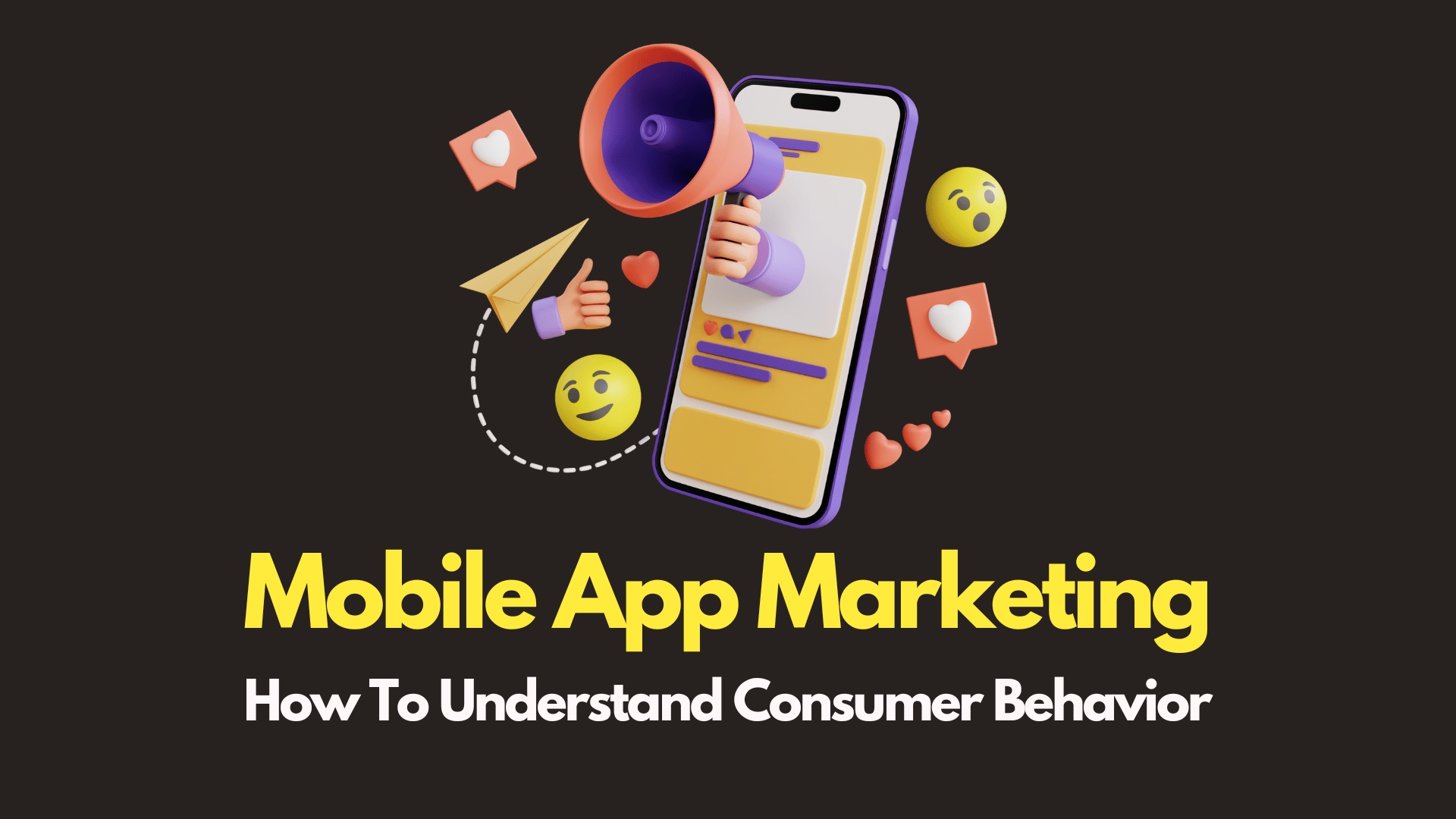Published
- 3 min read
The Psychology Behind Mobile App Marketing

Key Takeaways:
- Consumer Engagement: Self-brand congruity and investment size facilitate psychological ownership towards branded apps.
- Mobile Game Marketing: Market segmentation and online media platforms are critical for mobile game marketing.
- Branded App Engagement: Perceived synchronicity, localization, homophily, ease of use, and design aesthetics drive engagement.
- Motivations for App Use: Utilitarian and hedonic motivations enhance brand equity and in-app purchase intention.
- Negative Effects: Escapism can negatively affect brand reputation and lead to consumer regret.
- Design and Emotional Response: Emotional response mediates the effect of design features on app stickiness intentions.
- Perceived Value and Social Influence: These factors significantly influence in-app purchase intention and app stickiness.
The mobile landscape has rapidly evolved, transforming how consumers interact with brands. At Gufito.com, we delve into the intricate dynamics of consumer behavior, particularly in the realm of mobile app marketing. Understanding these behaviors is not just about observing trends; it’s about peering into the psychological underpinnings that drive consumers to download, engage with, and remain loyal to mobile applications.
The Psychological Drivers of Mobile App Engagement
Mobile app marketers must recognize the importance of self-concept in driving app engagement. When consumers find an app that aligns with their self-identity, they are more likely to develop a sense of psychological ownership (Behavioral Economics & Consumer). This ownership is a powerful motivator for consumers to not only use the app but also to become brand evangelists, spreading the word about the app’s benefits.
Segmenting the Mobile Game Market
For mobile games, understanding consumer psychology is tantamount to success. The anytime, anywhere nature of mobile gaming has created a unique opportunity for marketers to tap into market segments effectively. Leveraging online media platforms for content marketing can significantly impact how these games are perceived and embraced by target audiences (Emerging Technologies & Ecommerce Impact).
The Role of App Features in Consumer Stickiness
The design and functionality of a mobile app can significantly influence consumer stickiness—a term used to describe the likelihood of continued app usage. Emotional responses to app features, including pleasure, arousal, and dominance, can mediate the relationship between app design and user engagement. A well-designed app that evokes positive emotions is more likely to retain users over time (Psychology of UI Design).
The Impact of Hedonic and Utilitarian Motivations
Both hedonic (pleasure-seeking) and utilitarian (functional) motivations play a role in how consumers perceive the value of a mobile app. These motivations can lead to enhanced brand equity, characterized by increased perceived quality, brand loyalty, and brand awareness (Understanding Consumer Behavior & Brand Perception).
Escapism and its Double-Edged Sword
While mobile apps can provide a welcome distraction from daily life, the concept of “regrettable escapism” has emerged, indicating that excessive use can lead to negative feelings, such as guilt and regret. This emotional backlash can harm brand reputation and loyalty (Fear in Consumer Decisions).
Perceived Value and Social Influences
Perceived value, including financial and convenience aspects, alongside social influences, plays a crucial role in driving in-app purchases and app stickiness. Social identification with an app can lead to increased purchase intentions, highlighting the importance of community and belonging in the digital space (Social Media & Consumer Influence).
Conclusion
In the constantly evolving mobile app market, understanding consumer behavior is critical. Marketers need to consider psychological factors—such as self-concept alignment, hedonic and utilitarian motivations, and social influences—to foster engagement and loyalty. By leveraging these insights, brands can create mobile apps that not only meet consumer needs but also form an integral part of their digital identity.